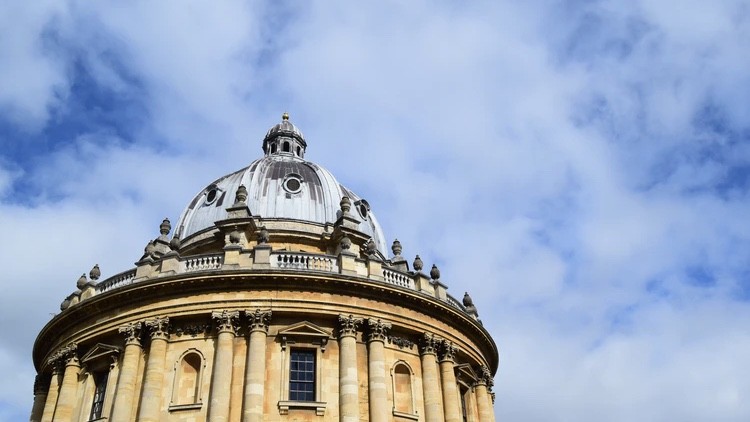A new institute designed to fight antimicrobial resistance has been announced in light of a hefty donation from Ineos, one of the world’s largest manufacturing companies and biggest polluters. Sir Jim Ratcliffe, top dog of Ineos and the UK’s richest person with an estimated fortune of £18.8bn, has donated £100 million towards the institute – the scraps from averting his taxes. The billionaire left Britain for tax-free Monaco following the footsteps of many of the UK’s richest people in a move estimated to save him £4 billion in tax payments. According to the Sunday Times tax list, Ratcliffe was the UK’s third-highest individual taxpayer before his move to Monaco. When explaining why he chose to donate to support the new institute, Ratcliffe said that “It doesn’t get much worthier than helping save the human race”. Wouldn’t it be worthier for him to fund healthcare, social protection and education by paying his taxes like the rest of us? Does this new institute and its ‘devotion to the human race’ compensate for the millions diverted from the NHS?
In its announcement, Oxford University emphasised the importance of tackling the issue of antimicrobial resistance which poses a significant threat to global populations. Curiously, they failed to mention the environmental impact of its generous benefactor and the hypocrisy of its chairman. Perhaps considering the number of breaches Ratcliffe’s company has made of EU environmental rules, it’s hardly surprising he was a fervent Brexit supporter. An analysis of data by the Environmental Agency found that Ineos’ Middlesbrough manufacturing plant acquired 176 permit violations between 2014 and 2017. Its air emissions, being dramatically over the legal limit, pose a significant risk to the environment and the human race he so dearly loves. When campaigning for Brexit, Ratcliffe emphasised his confidence in British manufacturing by promising to build his new set of cars in Wales… which he later announced would be built in a factory in France. I guess the claims he made regarding the benefits of breaking away from ‘Bloody Brussels’ didn’t materialise themselves. It was revealed in 2017 that Ratcliffe had privately met with George Osborne while he was Chancellor of the Exchequer to propose a series of measures to curb the workers’ union’s ability to strike. He also took this opportunity to pitch for a reduction in corporation tax and worker’s pensions. Did the university consider Ratcliffe’s environmental record, tactical move to Monaco and perspective on trade unions when accepting his donation? It is through promotional efforts such as associations with cycling teams, football clubs, and now Oxford that Ineos legitimises its destructive practices. We are just another publicity stunt used to gloss over the company’s disregard for social and environmental issues.
Maybe it shouldn’t surprise us that, as the EU money dries up, universities are scrambling around competing for billionaire tax savings donated to cleanse their moral wrongs. The university shouldn’t have to rely on donations to fund their life-saving research, it should be the government’s responsibility to protect future generations through funding. Isn’t that what we vote them in for in the first place? It’s shameful to admit that the pitifully low funding from our government has forced universities to rely on the proceeds of tax avoidance and corner cutting. The university should hold itself to a higher moral standard instead of allowing itself to be used as a marketing strategy. Isn’t it the case that, if they’re going to take 30 pieces of silver from every plutocrat and magnate who comes knocking, then universities will be held responsible for endorsing the methods by which these fortunes have been made? And if we want to be able to provide moral leadership in the new decade, don’t we have a duty to ask ourselves whether it’s still acceptable to cuddle up to the nation’s polluters-in-chief?

